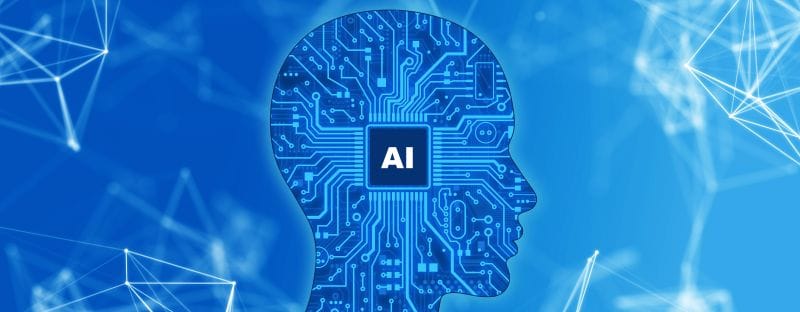RSS feed source: National Science Foundation
The U.S. National Science Foundation announced a partnership with NVIDIA to develop a set of artificial intelligence models that will transform the ability of America’s scientists to leverage AI, advancing scientific discovery and ensuring U.S. leadership in AI-powered research and innovation. NSF will contribute $75 million, with NVIDIA providing an additional $77 million, to support the Open Multimodal AI Infrastructure to Accelerate Science (OMAI) project, led by the Allen Institute for AI (Ai2). The collaboration will create a fully open suite of advanced AI models specifically designed to support the U.S. scientific community.
This public-private investment advances priorities set forth in the White House AI Action Plan to accelerate AI-enabled science and ensure the United States is producing the leading open models that enhance America’s global AI dominance.
“Bringing AI into scientific research has been a game changer,” said Brian Stone, performing the duties of the NSF director. “NSF is proud to partner with NVIDIA to equip America’s scientists with the tools to accelerate breakthroughs. These investments are not just about enabling innovation; they are about securing U.S. global leadership in science and technology and tackling challenges once thought impossible.”
The development of AI technologies is advancing rapidly, but the cost of creating and researching powerful AI models has grown beyond the budgets of university labs and federally funded researchers. This growing divide limits the
Click this link to continue reading the article on the source website.


